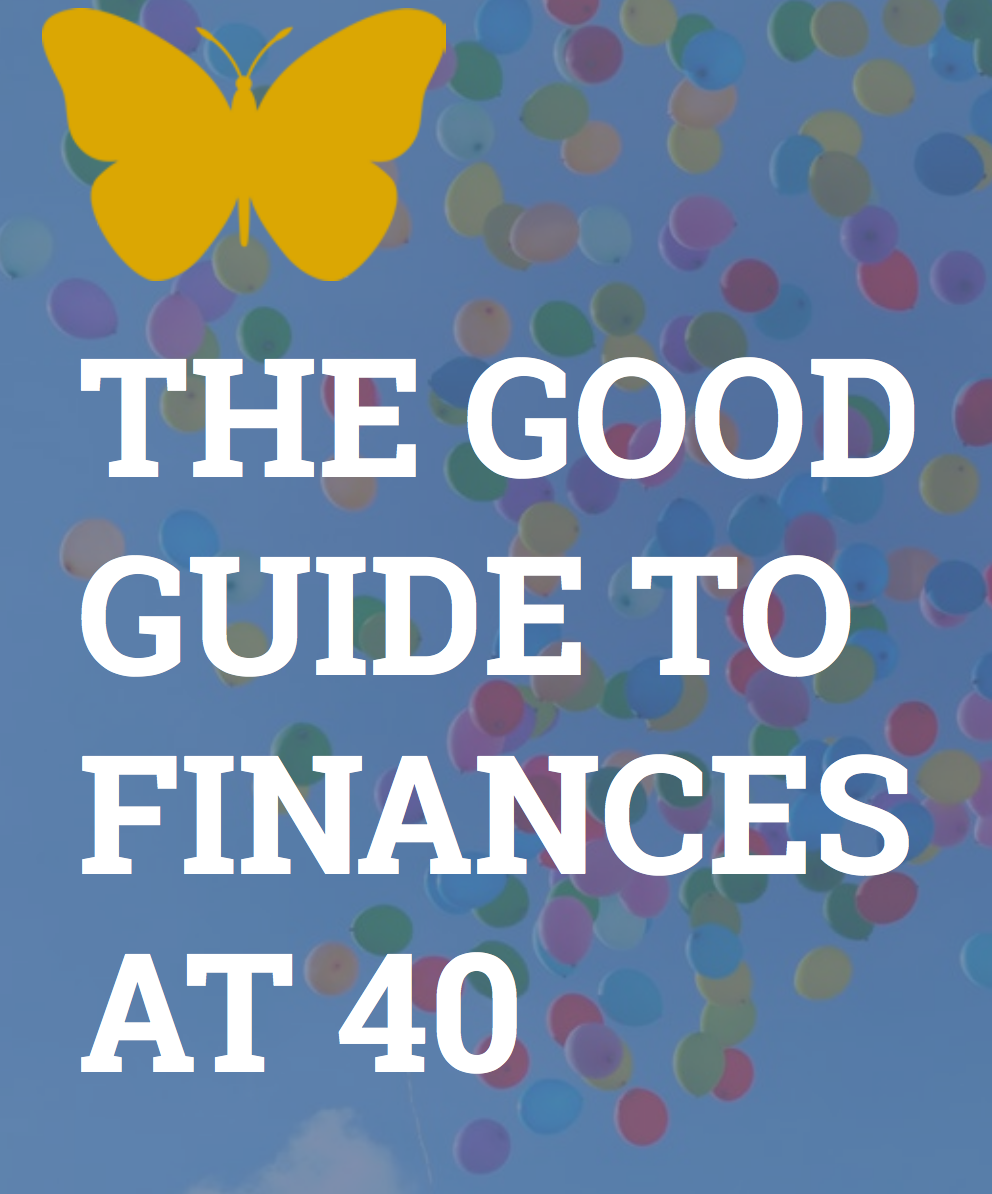People in their thirties have half the wealth that those now in their forties had a decade ago, according to a new study.
The Institute for Fiscal Studies report published today found that compared with those born 10 years earlier at the same age, those born in the 1960s and 1970s have no higher takehome incomes; have saved no more of their previous take-home income; are less likely to own a home; probably have lower private pension wealth relative to their earnings; and will tend to find that their state pensions replace a smaller proportion of previous earnings.
On the other hand, the IFS said people in this demographic:”Expect to inherit more wealth – perhaps the main reason they could still hope to be better off than their predecessors in retirement, on average.”
By their early 30s, those born in the early 1980s had average (median) net household wealth of £27,000 per adult – including housing, financial and private pension wealth. This is about half of the average wealth holdings of the 1970s cohort at around the same age (£53,000).
The IFS thinks that much higher housing costs for renters and stagnant wages are the main causes of this significant drop in personal wealth. There is now a higher proportion of renters among people in their 30s and higher rental costs than mortgage costs makes it harder for those who are renting to save.
The IFS found that between the ages of 26 and 30, renters born in the early 1980s spent 28% of their income on housing costs on average, compared with 15% for homeowners. At the same age, renters and homeowners born in the 1960s both spent around 20% of their income on housing costs on average.
The loss of defined benefit pension schemes – those that pay out a set amount in your retirement usually based on your final salary, and the rise of less generous defined contribution schemes, which place the onus on workers to determine how much they save rather than giving them a guarantee on how much income they will get when they retire, is also to blame.

According to the IFS, in their early 30s, less than 10% of private sector employees born in the early 1980s were active members of a DB scheme, compared with more than 15% of those born in the 1970s and nearly 40% of those born in the 1960s. The decline of DB schemes represents a shift of risk onto employees and was associated with a large reduction in the generosity of employer contributions.
David Newman, Head of Pensions at Close Brothers Asset Management, said: “With just half the wealth of those born a decade ahead of them, today’s early thirtysomethings may read today’s IFS study with a knowing expression. Finding it harder than ever to save, today’s oldest millennials may feel they will never be able to get on the housing ladder, let alone save enough for a decent retirement – especially with the scarcity of defined benefit pension schemes enjoyed by older generations.
“However, all is not lost. Long-term planning, and avoiding putting off saving, is key. By putting aside as much as they can reasonably afford each month, benefitting from employee contributions, and taking on enough risk and focusing on long-term growth, millennials do have the retirement they’ll want one day within reaching distance.
Since 2002, market movements have benefited 25-34 year old pension savers, boosting the average pot by 168%. So savers need to let markets do much of the heavy lifting over the next 40 years and deliver them the pension they need for the lifestyle they want to have in retirement. Long-term investment and the power of compounding is crucial to wealth accumulation.”



